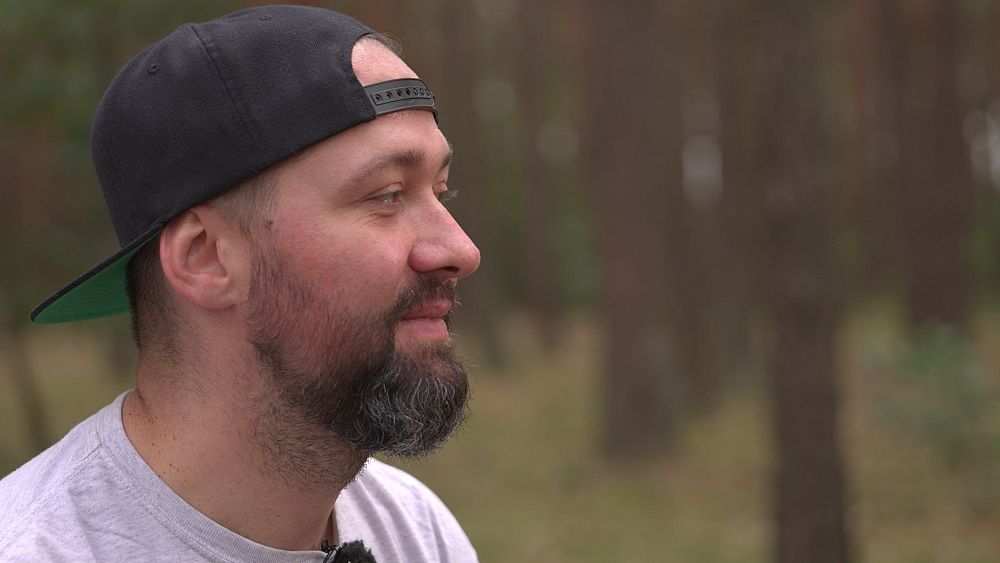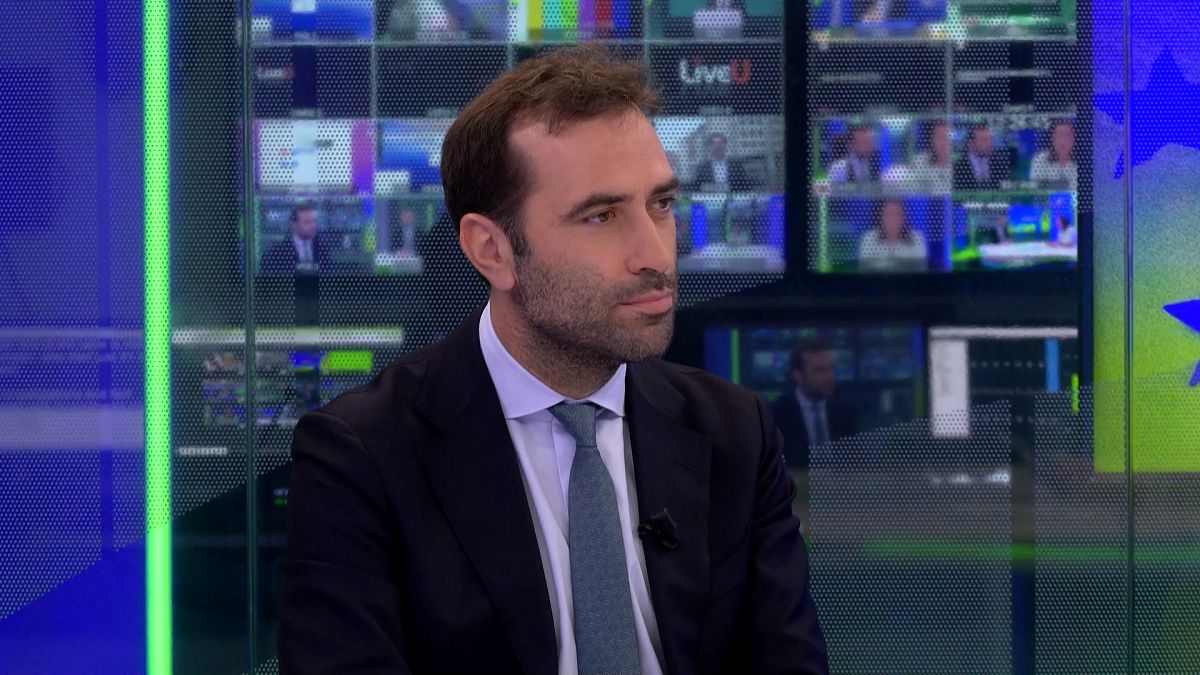Why are Europeans finding it hard to get the new medicines they need?

In this episode of Smart Health, we hear from patients who are struggling to get hold of the new medicines they desperately need and ask what the EU is doing to address disparities in access and availability across Member States
41-year-old IT engineer and amateur cyclist Kuba Molka lives in Poland. Health problems he suffered during his late teens have left him with painful memories.
“My symptoms were diarrhoea, and blood in the stools and so on; frequent diarrhoea that is,” he told Smart Health.
“All the doctors said that it was due to stress before my A-levels. But when I was done with my A-levels and entrance exams to university, it still persisted. So that is when I seriously started looking for help.”
Kuba was diagnosed with ulcerative colitis, a chronic inflammatory bowel disease. Successive treatments proved less and less effective and left him increasingly prone to side effects.
Both in Poland and in the European Union, a particular injectable medicine that can help treat his condition is available. But for months, Kuba could not get it.
The only way he was finally able to access the drug was by volunteering for an ongoing research programme.
“The first thing I did was ask my doctor if there were other ways to pursue to get the medicine that I need. And then he came up with the idea to take part in a research [programme]. I’m slowly starting to see that there is improvement in my condition.”
Waiting time disparity across the EU
Like Kuba, thousands of other Poles and European patients are finding it hard to get their hands on the latest and most effective medicines they need.
Waiting times to access some of these new medicines can be unbearably long, and there are significant disparities among EU countries when it comes to this.
Between 2017 and 2022, the EU average waiting time for access to approved medicines was 511 days. In Germany, the waiting time is much shorter, with an average of just 133 days. In Poland, however, patients had to wait an average of 844 days to receive their medicines, according to a recent EFPIA WAIT Indicator Survey.
In the meantime, doctors are often left with fewer options, and the consequences for patients can be dire.
“We have patients that lose response from the older medications, and if we don’t have the drug programme and other substances, we have nothing to offer these patients,” explained Ariel Liebert, who is a gastroenterologist and clinical pharmacologist at Bydgoszcz University Hospital.
“Sometimes the patients found clinical trials, and they try in this way (to get medication). So if we were able to treat them faster, it would be better for the patients, of course,” he added.
What is the EU doing to bridge the gaps?
A recent study identified 10 factors that could explain why medicines and treatments available in some EU Member States are sometimes out of reach for others.
The European Commissioner for Health, Stella Kyriakides, says that some of those factors can be addressed at the European level, as stated by the recent European Commission pharmaceutical reform proposal.
“We need to provide strong incentives to the companies so that they release new medicines to all Member States at the same time,” she told Smart Health.
“We are also, in the reform, improving the authorisation process. For example, you will be able to authorise through the European Medicines Agency medicines much earlier. Today you need about 400 days to authorise a new medicine. With the new procedures we are putting into place, it will be 180 days. This means that they will reach the shelves of the pharmacies much quicker.”
Pharmaceutical companies say they are ready to discuss breakthroughs, and some commitments are already on the table.
“For us, that our products reach the patients is the objective. And that they reach as many patients as possible, as widely as possible,” revealed Nathalie Moll, Director General of the European Federation of Pharmaceutical Industries and Associations (EFPIA).
“The differences in access and availability are multifactorial. There is not an easy fix. What we did as an industry, is to address the ones that are our responsibility by making a commitment to find a price in every single Member State within two years of when the products are approved.”
“The other part that we also developed as a proposal was to have a price framework so that countries are able to purchase products based on their buying power. Because different countries have different buying powers,” Nathalie added.
Whatever the solutions might be, time is running out for certain patients. By volunteering in a research program, Kuba has been able to gain access to an efficient treatment for two years. But what happens next remains uncertain.
“I will be worrying when the time comes. That is my motto, basically. But hopefully yes: this is like two years ahead, so I think that some things may change for the better,” Kuba concluded.
Source: Euro News















